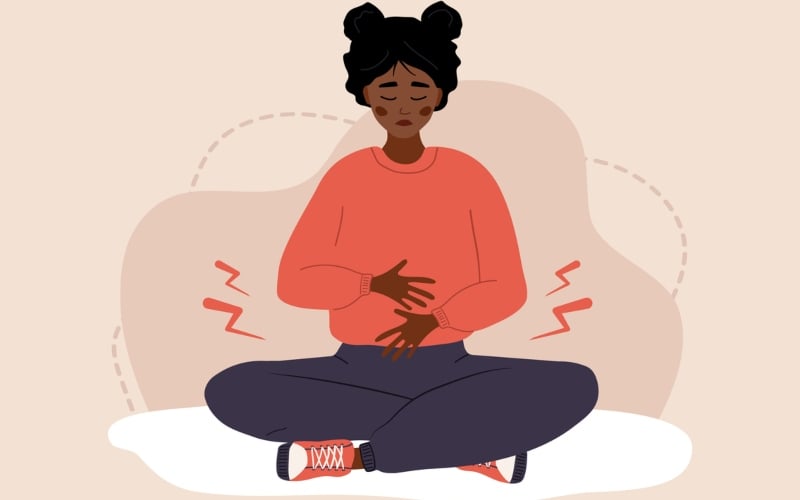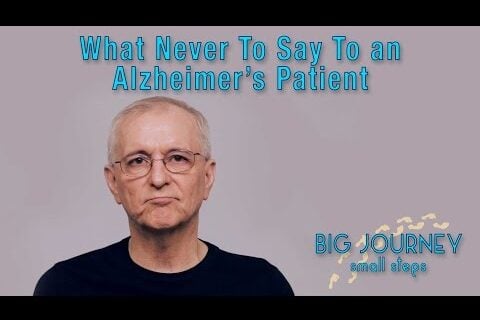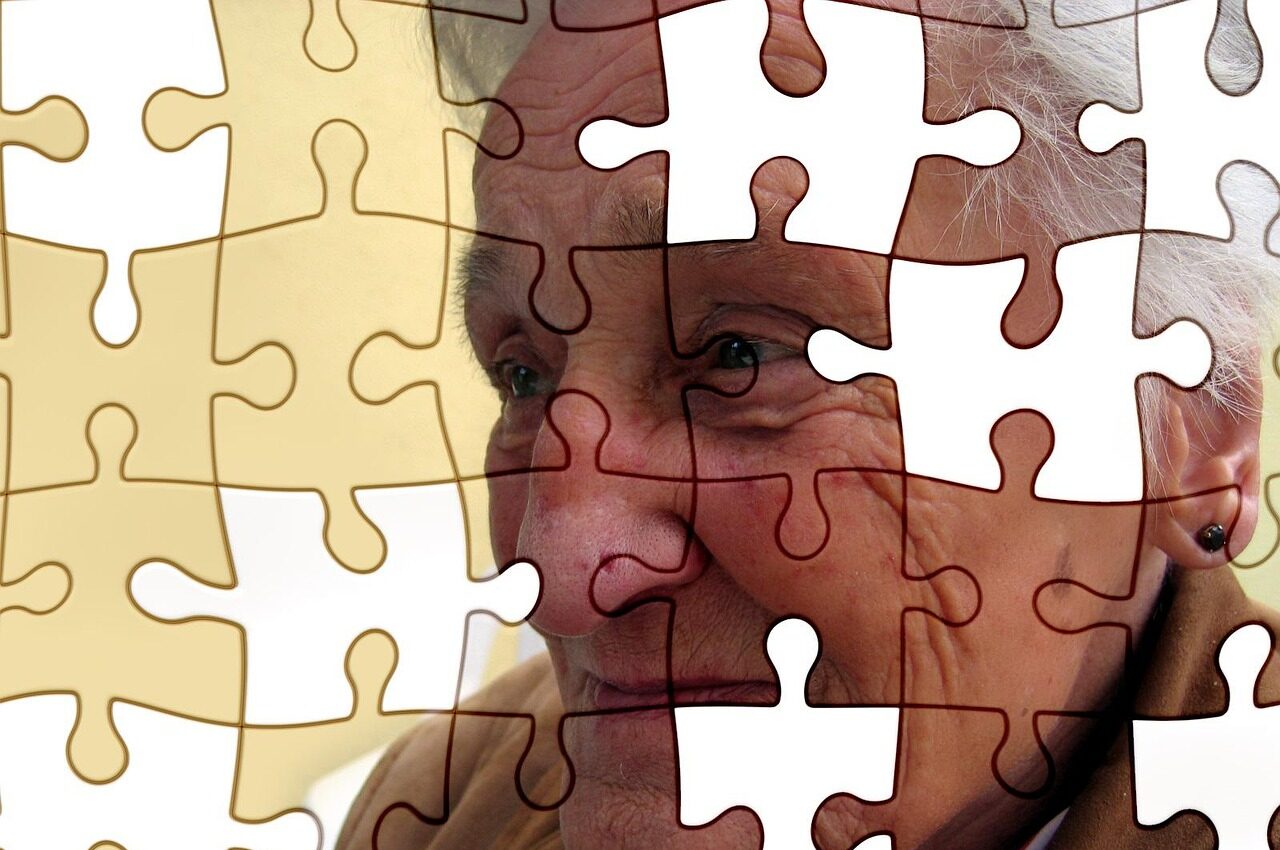As a BetterHelp affiliate, we may receive compensation from BetterHelp if you purchase products or services through the links provided.
Mindfulness
If you’ve read about topics like mental health treatment and self-care, there’s a good chance you’ve heard about mindfulness, a technique that’s most often associated with meditation.
Mindfulness is the act of being conscious of your thoughts and accepting them without judgment, and although meditation makes it a lot easier to practice this, mindfulness can actually be performed anytime and anywhere.
By being mindful of your thoughts, you can shift your focus on what’s happening in the present moment, and this can be as simple as paying attention to your breathing. By doing this, individuals reduce the likelihood of making potentially irrational decisions that can have negative consequences, which are issues in many of the conditions that DBT aims to treat.
Distress Tolerance
Everyone experiences negative feelings and emotions from time to time, but the manner in which people deal with them is an entirely different matter, and it can vary from person to person.
The way we respond to stressful situations can have a tremendous impact on the way we think and behave, which is a core tenet of cognitive-behavioral therapy; in addition to mindfulness, DBT works to help individuals cope with intense feelings and emotions through productive means instead of taking impulsive actions that can have an adverse effect on themselves and those around them.
Distress tolerance skills tend to be techniques that can provide short-term relief, such as finding a distraction, improving the moment, or self-soothing, such as exercising breathing techniques. Practicing radical acceptance, however, will yield the most benefits in the long run because it shows people that they can simply accept a negative situation for what it is without responding to them and choosing healthy thinking and behavior patterns instead.
———————————————————————————————– Try online therapy and get 15% off from our partner, BetterHelp.———————————————————————————————–
Emotional Regulation
As mentioned in the previous section, negativity is something all of us deal with at one point or another, but through DBT skills training, it’s possible to respond differently to your emotions as they occur and even learn how to appreciate them.
If you feel like you’re starting to lose control of your temper, you have a lot of options you can utilize to get back in control. To name a few examples, you can stop what you’re doing immediately and take a mindfulness approach to your situation, perform the opposite actions that your emotions are telling you to do, and even prepare yourself ahead of time for potential triggers.
By recognizing your emotions as they pop up, you’ll be able to manage them better each time, and over time, they can be less distressing. Also, being able to identify and label them makes it easier to communicate what you’re going through with others, and this can also help prevent individuals from making rash decisions.
Interpersonal Effectiveness
Your decision-making that’s done in response to your emotions not only affects you – it also has the potential to impact those around you, especially people whom you are close with.
Interpersonal effectiveness is a skill that aims to improve your relationships with others, and this involves a lot of different strategies such as expressing and communicating clearly (and calmly) how you feel about a situation, learning how to set boundaries politely, and once again, being mindful.
It’s possible that you can become in control of your emotions in the situation you’re in, but the individual you’re interacting with is not. So if you sense that they are becoming upset in any way, take a step back, analyze, and importantly, do not get drawn in by their emotions because this can lead you off track and cause you to become overwhelmed.
Middle Path
The middle path is a skill and concept closely affiliated with DBT, and it’s a strategy that’s used almost exclusively with it. However, the idea of a “middle path” has its roots in Buddhism, and due to the nature of many of the disorders that DBT treats, this skill is important.
The reason why taking the middle path is emphasized because people can get trapped in a black-or-white or all-or-nothing mindset and choose one extreme or the other. Binary thinking like this can have negative consequences, and instead, individuals should strive to find a healthy balance.
This ties in closely with the dialectical aspect in which DBT is named after. When people learn to think dialectically, they can see things from two opposing sides, and this can give you a much clearer picture of the truths of any situation. Therefore, instead of looking at things as “either/or,” strive to think of “both/and,” and this simultaneously encourages change while also accepting the truth, even if it’s an unfavorable circumstance.
———————————————————————————————– Try online therapy and get 15% off from our partner, BetterHelp.———————————————————————————————–
Read More About DBT At BetterHelp
Despite being a form of cognitive-behavioral therapy, dialectical behavior therapy is a fascinating and unique approach to treating complex mental health disorders.
If you are interested in learning more about it and how it can potentially be the right choice for you or someone close to you, BetterHelp has free resources for your reading enjoyment that dive into all of the details of dialectical behavior therapy and other mental health topics.
Conclusion
Hopefully, by reading this article, you have a better idea of how dialectical behavior works by focusing on a handful of particular skills. Each one is a vital piece of a puzzle, and when utilized, they collaborate together to help people cope with even the most destructive mental health disorders.
This is a featured post by site sponsor Better Help.
Your mental health is your health. Affordable, private therapy with BetterHelp anytime, anywhere.

Photo Credit: iStock
The post What Skills Does Dialectical Behavior Therapy Develop? appeared first on The Good Men Project.
Original Article











